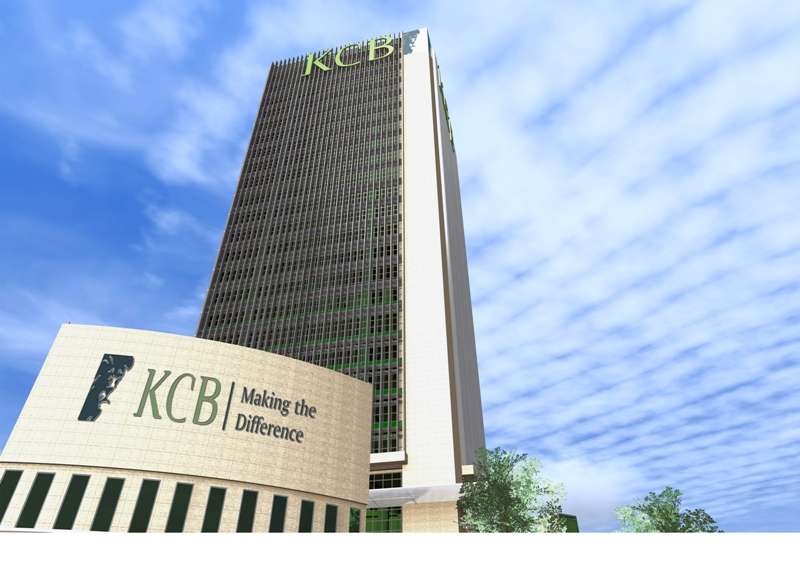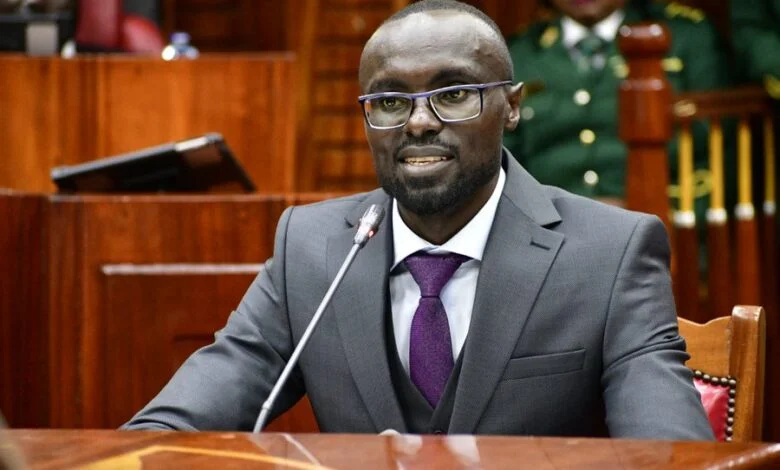By The Weekly Vision Team
Former Nairobi Governor Ann Kananu is under investigation for procurement irregularities at City Hall, Nairobi. The procurement irregularities occurred when she served as Chief Officer in Charge of Disaster Management in former Governor Mike Mbuvi Sonko’s administration, according to sources. The investigations concern the procurement of food items at the height of the COVID-19 pandemic.
Investigators have uncovered that she sanctioned the procurement of food items worth Ksh. 275,045,034 from a local supplier, but the procurement process for the aforementioned items did not comply with the rules, as the tender was not competitively awarded. Apart from the procurement process, a major concern lies in the lack of documentation to support the distribution of the food items. However, it was discovered that the food items were acquired and brought to the Upper Hill offices of then-Governor Sonko, where they were then distributed to families and supporters of the former governor.
According to available records, the former governor even made a post on his Facebook page regarding the distribution of food items to families. It is imperative to note that Sonko sanctioned the procurement of the food items to aid his political supporters, who then thronged his Upper Hill office to collect the food donations. The focus is now on the methodology used in identifying disadvantaged families for free food distribution by Sonko and Kananu. Kananu, who was the accounting officer, is now expected to shed light on the situation by providing documentation of the recipients, outlining the distribution process, and explaining the criteria used for their selection.
Further, Kananu is also required to provide clarification on a spending amount of Ksh. 37,669,760 for the emergency COVID response that fell under her responsibility as the accounting officer. However, necessary supporting documents like the distribution list, acknowledgement of receipt, reports, and approvals have not been made available for scrutiny. After further investigations, it became evident that these items, despite being labelled as emergencies, did not meet the criteria to be classified as such. The emergency classification was merely employed as a means to bypass the procurement process and enable her to select companies for the supply personally.
Additionally, upon further investigation, it was discovered that an examination of the records kept in the storerooms uncovered that the disaster department had acquired 15,900 high-density mattresses from a local merchant for disaster management purposes. The total cost of this procurement amounted to Kshs. 135,669,000. There is a lack of documented evidence regarding the manner, reason, and location of the distribution of the mattresses. According to sources, the mattresses were transported to Sonko’s Upper Hill office and subsequently distributed among his supporters. Additionally, there are suspicions that the county might have made payments for goods that were never received, leading to a financial loss.
Given the situation, it is uncertain whether the expenditure of Kshs. 448,383,794 on emergency services by the disaster department is accurate. The investigation into the allowances and per diem received by Kananu and her inner circle for a foreign trip that she did not take is still ongoing.





